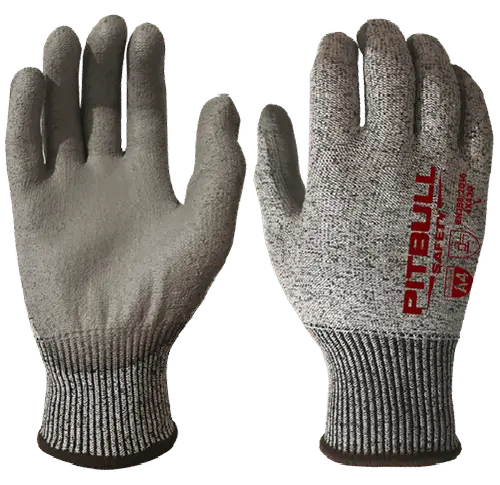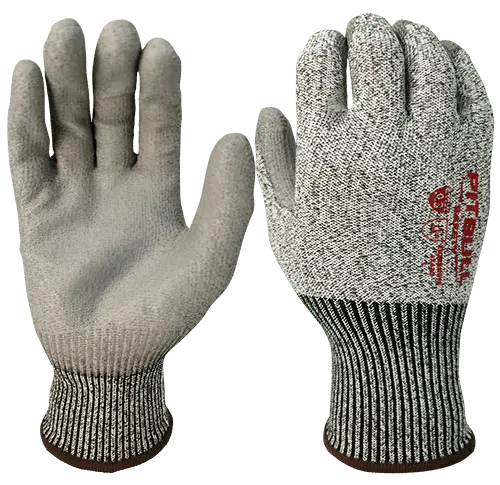Process of glass production:
The process of producing glass typically involves the following steps:
- Melting: Raw materials such as silica sand, soda ash, and limestone are melted in a furnace at very high temperatures to form a molten glass mixture.
- Refining: The molten glass mixture is then refined to remove any impurities or bubbles, typically by adding certain chemicals and stirring the mixture.
- Forming: The refined glass mixture is then shaped into the desired product. There are several different methods for forming glass, including:
Blowing: Molten glass is blown into a mold or shaped by hand using a blowpipe.
Pressing: Molten glass is poured into a mold and pressed into shape using a plunger.
Drawing: Molten glass is drawn out into thin sheets or fibers using specialized machinery.
- Annealing: The formed glass product is then slowly cooled to room temperature in a process called annealing. This helps to reduce stress and prevent cracking or breakage.
- Finishing: The final step in the glass production process is finishing, which involves polishing, cutting, or otherwise treating the glass to achieve the desired appearance and properties.
It’s worth noting that there are many different types of glass, each with their own unique production process and properties. For example, tempered glass is produced by heating and cooling the glass in a specific way to increase its strength, while laminated glass is made by sandwiching a layer of plastic between two layers of glass.
Do people need to wear gloves when producing glass?
Yes, workers who are involved in the production of glass may need to wear gloves to protect their hands from potential hazards. There are many different gloves for glass, such as cut resistant gloves, heat resistant gloves, chemical resistant gloves. The specific types of gloves that are needed will depend on the specific tasks involved, but some situations where gloves may be necessary include:
- Handling hot glass: Workers who are involved in melting, refining, or forming glass may need to wear heat-resistant gloves with good abrasion resistance to protect their hands from burns or heat-related injuries.
- Cutting and shaping glass: Workers who are involved in cutting, grinding, or otherwise shaping glass may need to wear cut resistant work gloves to protect their hands from cuts, punctures, or other injuries. normally they need to wear cut resistant gloves with polyurethane coating which has a good grip, and comfortable and breathable liner in dry conditions.
- Handling broken glass: Workers who are involved in cleaning up broken glass or disposing of glass waste may need to wear cut & puncture resistant gloves to protect their hands from sharp edges or debris. Palm coated polyurethane HPPE lining provides excellent dexterity and cut resistance Yarn mold naturally reduces hand fatigue Polyurethane coating provides reliable grip in dry and light oil applications Assembly area for handling metal parts Glass handling
- Handling chemicals: Workers who are involved in the production of glass may also need to handle chemicals such as solvents or cleaners, which can be hazardous to the skin. In these situations, chemical-resistant gloves may be necessary.
It’s important to note that not all types of gloves are suitable for use in all situations. Workers should choose gloves that are appropriate for the specific hazards they are likely to encounter, and should follow all safety guidelines and training provided by their employer.
PTB SAFETY is a Chinese manufacturer of glass handling gloves, we also wholesale small quantities to distributors. Glass handling work gloves need to have high-performance cut resistance. PTB SAFETY offers glass handling work gloves wholesale. Our glass handling work gloves can provide variety solutions for your hand protection.
这是测试文本,单击 “编辑” 按钮更改此文本。




